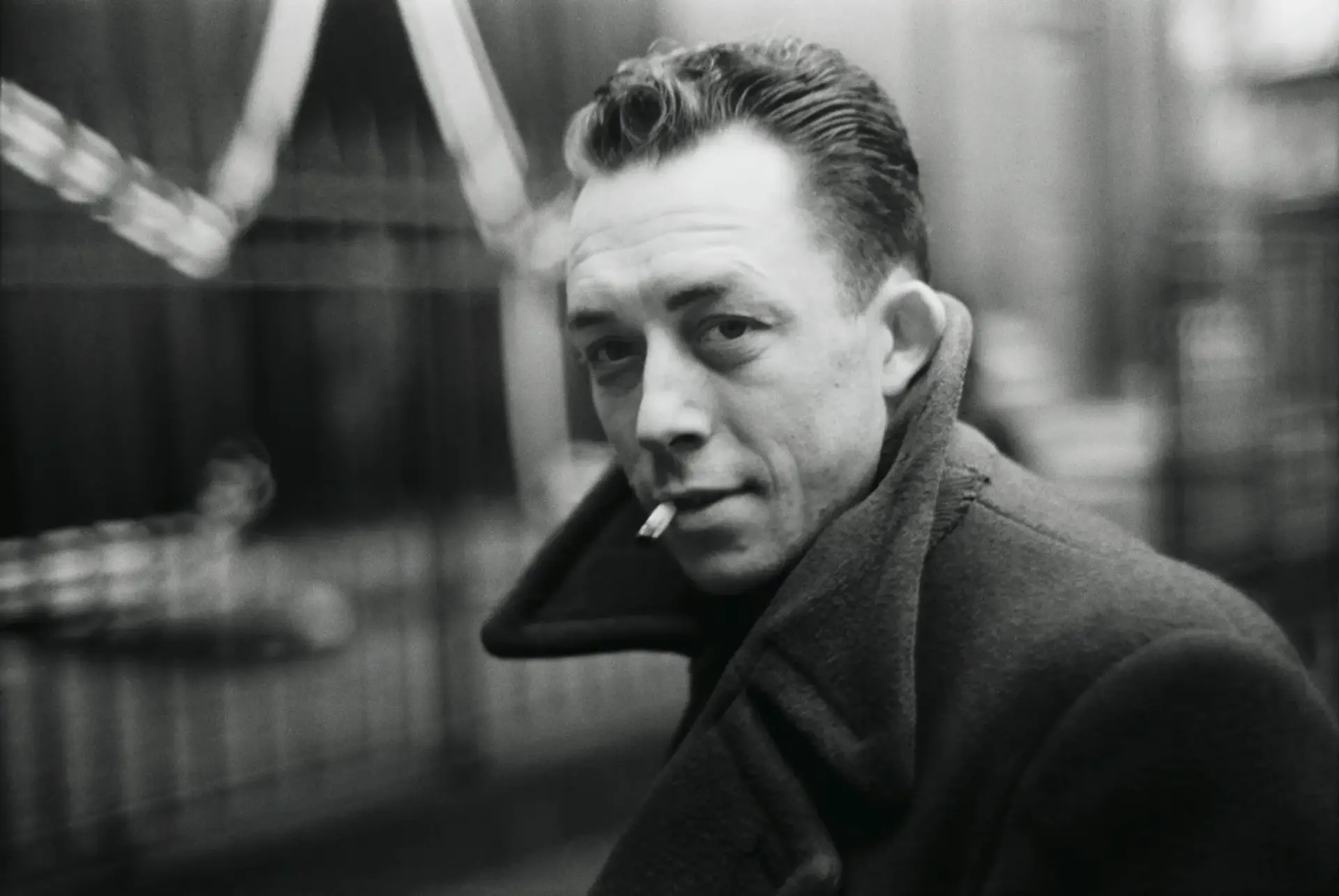
Exploring Absurdity in Human Existence Through Literature
September 15th, 2024
00:00

00:00
Summary
- Central theme: absurdity in human existence
- Influence of Beckett, Camus, Cioran
- Questioning life's inherent meaning
- Beckett's existentialism and human experience
- Analysis of 'Waiting for Godot' and 'Endgame'
Sources
Absurdity in human existence presents itself as a central theme in the works of Samuel Beckett, Albert Camus, and Emil Cioran. These thinkers explore the philosophical question of whether life inherently possesses meaning or is fundamentally absurd. Beckett, for instance, focuses on stripping away the superficial layers of existence, examining the core of human experience through abstraction and minimalism. His characters, often in extreme situations, grapple with essential questions about identity and purpose, challenging the notion that our existence serves a clear purpose. Albert Camus, meanwhile, vividly illustrates this theme in The Myth of Sisyphus, where he compares human life to the endless and futile task of Sisyphus rolling a boulder up a hill. For Camus, the absurd arises from the clash between our search for meaning and the silence of the universe. He suggests that recognizing lifes absurdity should not lead to despair but to a rebellion against it, embracing life with full awareness and vitality. In contrast, Emil Cioran delves into the darker aspects of existence, confronting the absurdity of life directly. He rejects the idea of creating rational systems to cope with lifes meaninglessness, instead advocating for an acceptance of lifes inherent absurdity. Cioran views this acceptance as liberating, allowing individuals to embrace the full spectrum of human experience without hiding from its darker elements. Together, these philosophers challenge us to reconsider our understanding of meaning and existence, setting the stage for a deeper exploration of existentialist thought. Through their works, they prompt a reflection on how we might navigate lifes inherent absurdity, opening a dialogue on living authentically in the face of uncertainty. Samuel Becketts approach to existentialism is characterized by his portrayal of human beings in extreme situations, through which he explores the essential aspects of existence. In Waiting for Godot, Beckett presents characters who grapple with the fundamental uncertainty of their purpose. The play features two protagonists, often mislabeled as tramps, who find themselves in a stark, barren landscape, waiting for the mysterious Godot. This scenario encapsulates the human condition of being in the world without clear understanding or direction. Becketts use of abstraction and minimalism strips reality to its bare essentials, allowing audiences to confront the core questions of identity and purpose. The sparse setting and repetitive dialogue emphasize the monotony and uncertainty of existence, reflecting the absurdity of waiting for a meaning that may never come. The lack of traditional plot progression further highlights the futility of their wait, prompting reflections on the human tendency to seek meaning in an indifferent universe. In Endgame, Beckett delves deeper into the dissolution of relationships and identity. The play unfolds in a confined, circular space, symbolizing the confines of human consciousness. The characters, Hamm and Clov, embody the struggle between dependence and autonomy, reflecting the existential conflict between self and other. The stark setting serves as a backdrop for the exploration of mortality and the inevitable decay of the human condition. Becketts minimalistic style invites audiences to question the nature of the self and existence. By removing extraneous details, he directs focus to the internal landscape of his characters, revealing the complexity of thought and consciousness. His works suggest that in the face of lifes absurdity, individuals must confront the essential aspects of their existence, challenging them to find meaning within themselves. Through his innovative use of abstraction, Beckett not only portrays the existential crisis but also offers a profound commentary on the human experience. His plays encourage a deeper reflection on the nature of existence, inviting audiences to engage with the philosophical questions that define the absurdity of life.